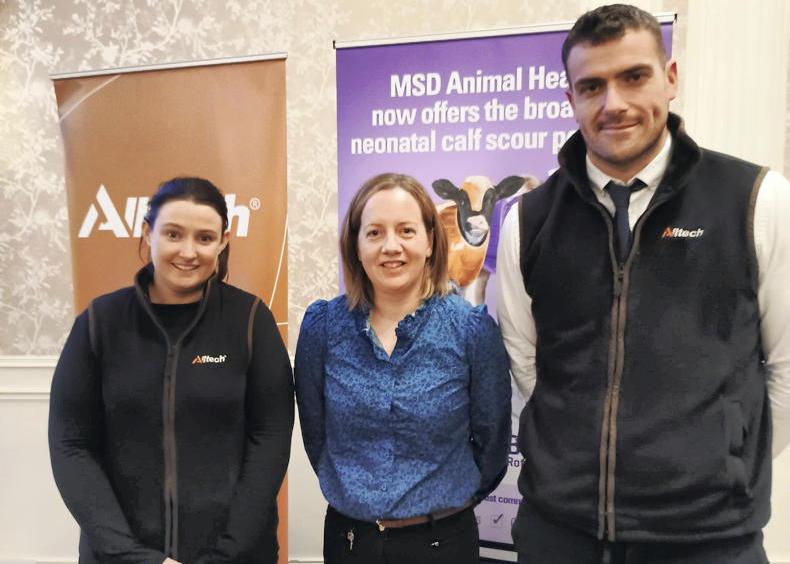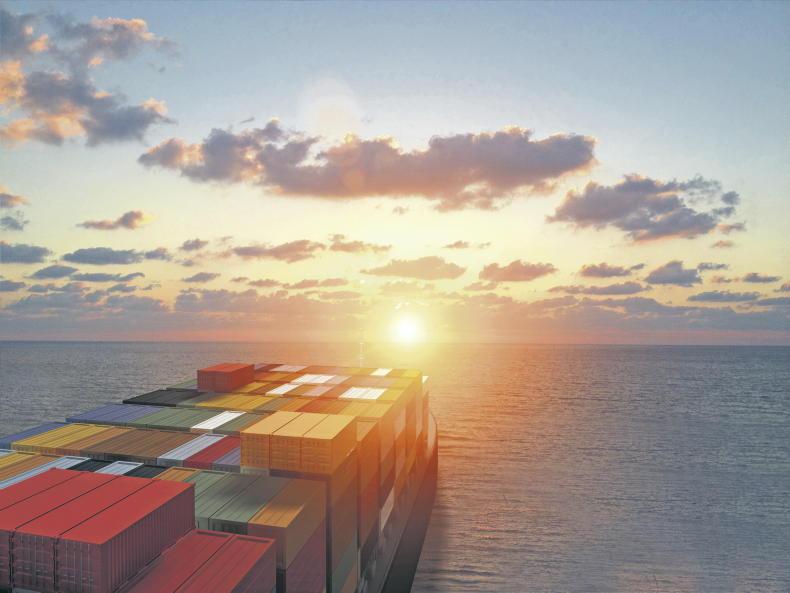Feeding plant waste and byproducts to cattle can cut down on methane emissions and the farming sector should be credited for reducing emissions by doing this, Alltech’s director of ruminant research Dr Vaughn Holder has said.
Holder suggested research shows that composting this green waste increases the greenhouse gases associated with breaking down the waste by “five times” in comparison to feeding it to dairy cows.
Putting the same plant waste into landfill increases emissions by “50 times” in comparison to feeding it to dairy cows, he told Alltech’s ONE conference in Dublin on Monday.
“That is pretty significant and something we don’t talk about. This is something we should have credit for as an industry.”
The researcher stated that this finding has implications for the push in some quarters towards plant-based diets as every kg of plant-based food generates “around 4kg of byproducts that we have to do something with”.
Anaerobic digestion would eliminate most of the methane produced when this plant material is broken down, but does not produce food at a time when there is rising demand for highly digestible protein sources, Holder said.
The researcher drew comparisons between the methane work cited and the methane projects under way at Alltech’s base in Buck Island, Florida.
Taking grazing livestock off grasslands could have unintended methane-increasing consequences, he maintains.
“We have to think about ... the consequences of taking these animals out of ecosystems because cattle, particularly consuming things that the rest of the world’s animals, including us [humans], can’t digest, is an important role in stabilising greenhouse gases within our environment.”










SHARING OPTIONS